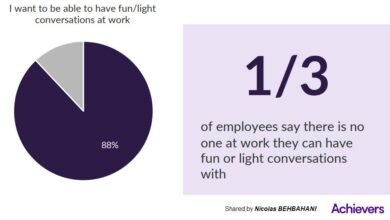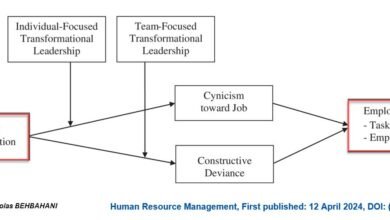
By | Gary Burnison | Chief Executive Officer at Korn Ferry
Trust is an investment, earning interest over time. And one errant withdrawal can lose it all. Yet, being trusting or being trustworthy are actually two different sides of the same coin.
Given the number of people we place in jobs—one every three minutes of the working day—we have seen and heard just about everything. One of my colleagues recalled an experience from earlier in his career—a candidate who stated that he was proficient in Kiikaonde, a dialect spoken in central Africa. This recruiter was also fluent in the language.
My colleague greeted the candidate warmly in Kiikaonde. No response. A simpler greeting—still no response. “I take it you’re not proficient in Kiikaonde,” my colleague said. “No,” the candidate replied. “I took this two-day seminar. We learned a few words…” Needless to say, things went downhill from there—and trust was never established.
Trust me. If ever a statement has the opposite effect of its intended meaning, it’s this one. We’re not likely to give our trust to just anyone—and especially not just because they say those two words. To truly trust another person, there needs to be a two-way contract of sorts—a promise based on character, capability, and follow-through.
Trustworthiness is the other side of the coin. It literally means being worthy of others’ trust—and it’s an aspiration for anyone, at any level. In fact, our firm tests for trustworthiness as a key leadership trait. Based on nearly 70 million executive assessments, we know it’s not binary. There are several layers and levels between being trustworthy and untrustworthy. There are those who do it well, such as the person who “actively promotes and protects the interest of others”—and those who do it poorly, such as a person who “undermines others” or “distorts the facts with [their] own biases and agenda.”
But words alone won’t suffice when it comes to being perceived as trustworthy—far more important is what others experience. Over the past year, society has made a lot of promises—to walk in others’ shoes, to listen before we speak, to be more tolerant, to be more inclusive. To be trustworthy is to be inclusive. Diversity is a fact – therefore inclusion is essential.






